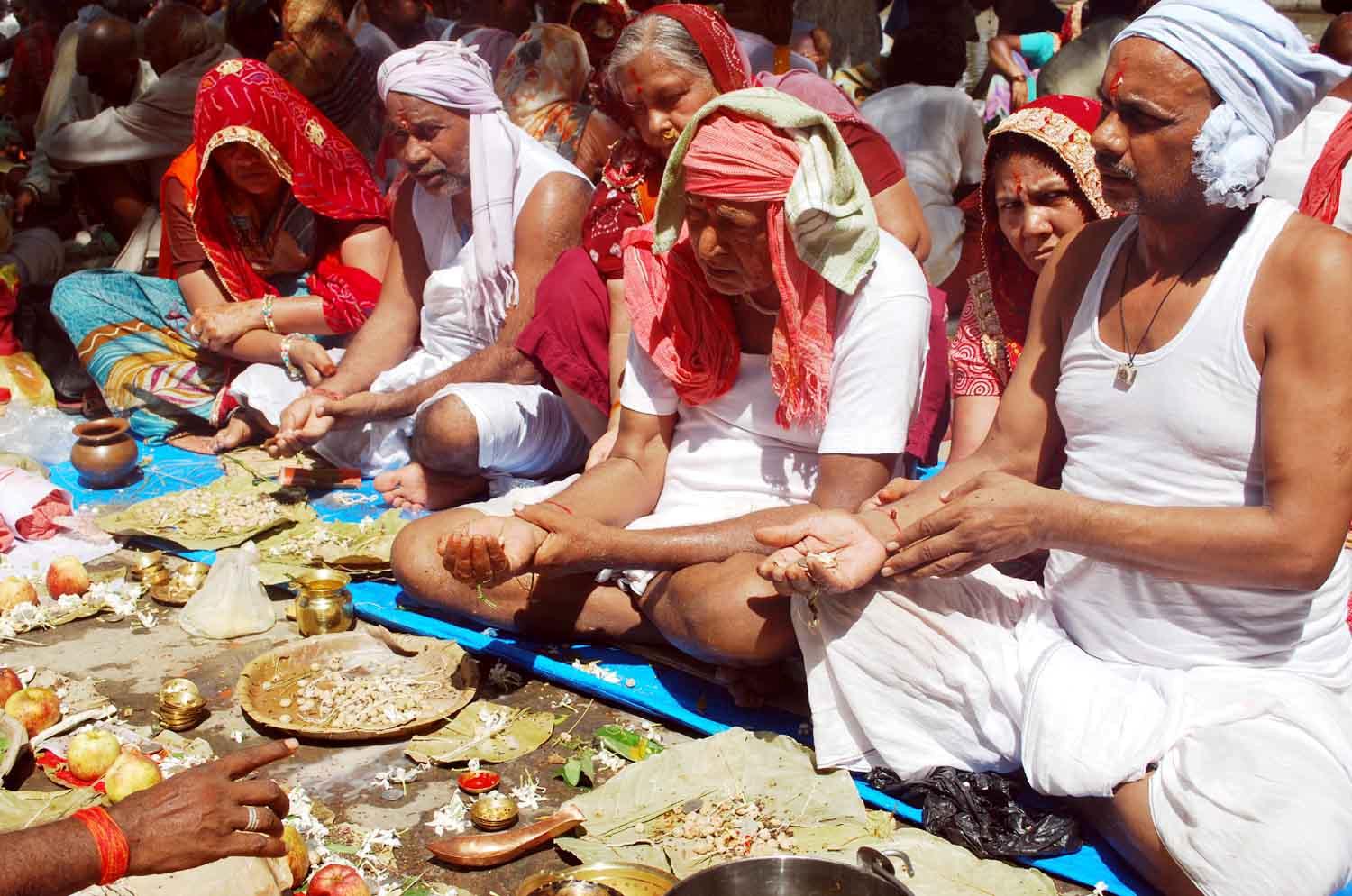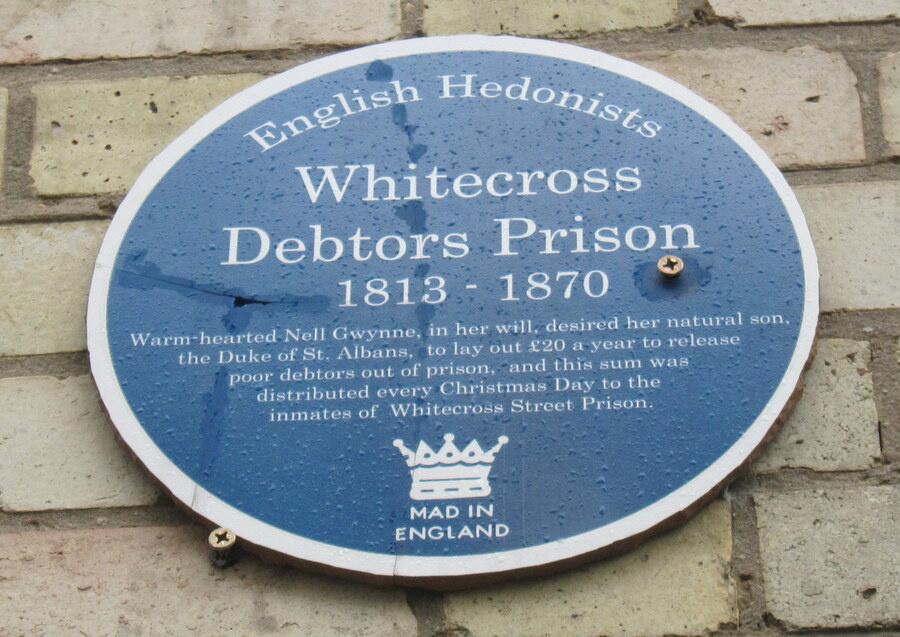
Richa Arya of NLIU writes on what happens when debt is not paid.
Insolvency: does obligations of pending debt pass on to children after death?
Liability of the son to pay father’s debts is enshrined in the ancient Indian literatures. The ancient Hindu Law makes it son’s pious obligation to discharge the debts of his father. In case of Sridhar v. Mahidhar[1] it was illustrated that the obligation of the son was an independent obligation irrespective of the fact whether the son inherited any property from the father. Also the son was not liable to pay immoral or Avyavaharika debts incurred by his father or grandfather but only Vyavaharika debts.
With the coming of Hindu Succession Act, 1956 this pious obligation of the son to pay debts was converted into his legal obligation. The joint family stands partitioned immediately before the death of the coparcener by the application of the act and the property devolves by succession. The heirs are now absolutely liable for all the debts on the share of the property inherited by them. However, if they inherit nothing, they need to pay nothing to any debtors. Similarly, if the debt is bigger than the value of the estate inherited – the entire estate will go into servicing as much of the debt as possible, but the inheritor will have no personal obligation to pay any debt beyond that.

Hindu Succession Act, 2005 has finally abolished the doctrine of son’s pious obligation and now the son cannot be made to discharge the debts of his father solely on the basis of his religious obligation. Thus now the liability of the children to discharge debts of their father extends only to the extent of the assets inherited by them. The children cannot be made to pay the debts out of their personal assets.
In case of an insolvent the question of the children paying the debts does not arise as his properties are taken away by the receiver appointed by the court as per section 56 of the Provincial Insolvency Act, 1920 Act who then distributes it among the creditors. Children are liable to pay the pending debts only to the extent they inherit from the deceased and since in case of an insolvent they either do not inherit any property or only get the surplus after the discharge of all debts (section 67 of Provincial Insolvency Act, 1920) so they are not obliged to pay the pending debts out of their personal assets. But the Children are liable to pay the debts which were jointly incurred by them with the deceased and as per section 44(3) of the Provincial Insolvency Act, 1920 an order of discharge for the insolvent does not release such a partner in the debts from his duty to discharge the debts.
Can there be any criminal proceedings against a person who is unable to pay his debt? What proceedings can be pursued under law?

When a person is unable to pay his debts, the insolvency laws in India provide him with the relief from the harassment of his creditors whose claim he is unable to meet. The insolvency laws also provide machinery for the satisfaction of all the creditors. It is based on the Roman Principle cession bonorum meaning surrender by the debtor of all his goods for the benefit of his creditors in return for immunity from court process. Thus if a person is unable to pay his debts an insolvency petition may be presented before the court either by the creditor or by the debtor.
The presentation of the petition by the debtor is deemed as an act of insolvency and the court may make an order of adjudication. The order of discharge by the court releases the bankrupt from all current and provable debts. On being declared insolvent, the court appoints official assignee or receiver, who takes charge of the property of the insolvent, which is then divided among creditors to pay the debts.
The insolvent is no more associated with the property once the official receiver takes charge. Thus under law a creditor can pursue the insolvency proceedings against the debtor to get his claims satisfied by the declaration of the person as insolvent.
The fact of insolvency or bankruptcy alone is not enough to start criminal proceedings against a person. However, the insolvency laws have several criminal provisions to deal with certain immoral acts by an insolvent. The debtor may be subject to criminal proceedings for the offences committed by him under section 69 of the Provincial Insolvency Act, 1920 and sections 102 and 103 of the Presidency Towns Insolvency Act, 1909 but would not be subject to criminal proceedings just because of the fact of insolvency.
- Section 102 of the Presidency Towns Act punishes an undischarged insolvent for obtaining credit to the extent of fifty rupees or upwards from any person without informing such person that he is an undischarged insolvent.
- Section 103 of the Presidency Towns Act and section 69 of the Provincial Insolvency Act, 1920 punish a debtor who fraudulently with the intent to conceal the state of his affairs or to defeat the objects of the act; destroys, withholds, replaces or alters the contents of the books, papers etc. which are subject to investigation under the acts.
- The above sections also punish a debtor who fraudulently with intent to diminish the sum to be divided amongst his creditors or of giving an undue preference to any of the said creditors discharges or conceals any debt due to or from him or charges, mortgages or conceals any part of his property of any kind.
- Section 69 of the Provincial Insolvency Act, 1920 also punishes the debtor who fails to perform the duties imposed on him by section 22 or to deliver up possession of any part of his property which is divisible among his creditors under the Act and which is for the time being in his possession under his control to the Court or to any person authorized by the Court to take possession of it.
 Serato DJ Crack 2025Serato DJ PRO Crack
Serato DJ Crack 2025Serato DJ PRO Crack







 Allow notifications
Allow notifications



Hi, I am a partner in a registered Partnership firm. We are in debts, we have some creditors too. But since long time creditors not paying. Now the situation is I am personally unable to survive, I dont have any property, assets and savings. What should i do.? Is it possible me to file for IP.?
Hi sir, my name is Ganesh, from 2014 I am jobless and doing some petty jobs for a income of 12k per month for my family, and I don’t have any property or any savings and I have a debit of 5lacks and I am unable to pay now, I am pleding and begging my creditor but he is reluctant, what should I do now, my creditor is treating to kidnap my child and speak vulgar language with my wife. Pls suggest. I am in a mental trauma and even tries to end our lifes.
Sir , my name is prasad , I am one of fertilizer shop owner at my home , recently our customers ( including my long relationship relatives too) one by one almost most of the commit put IP , finally I’m in bankrupt situation because of them , I don’t know how to collect or receive money from them . I’m not in situation to take action on them Please give me a valuable suggestion to take action against on them legally
Hello,
Just apply for IP and take protection.
Hi, I am out of job from long and doing petty jobs, I do not have any property but my debts are in terms of 50 L INR. I am unable to repay my debts, what should I do.. please let me know… I want to start paying once i get a job back.. please advise…